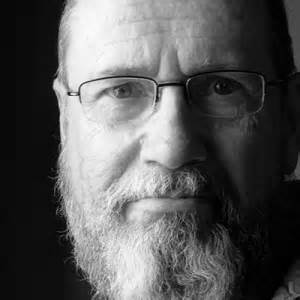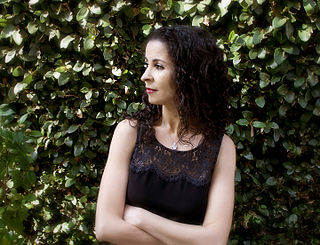Цитата Эдварда Хёрша
Книги и газеты предполагают «простого читателя», то есть человека, который знает то, что знают другие грамотные люди в культуре. Очевидно, что такие предположения никогда не бывают одинаковыми от автора к писателю, но они обнаруживают поразительную последовательность.
Связанные цитаты
Если прозаик достаточно знает то, о чем он пишет, он может опустить то, что ему известно, и читатель, если писатель пишет достаточно искренне, почувствует эти вещи так же сильно, как если бы писатель их изложил. Достоинство движения айсберга заключается в том, что только одна восьмая его часть находится над водой. Писатель, опускающий вещи, потому что он их не знает, только оставляет пустые места в своем творчестве.
Есть цитата писателя Эмиля Чорана, румынского писателя. Он говорит, что в книги следует помещать только то, что вы никогда не посмеете сказать людям в реальной жизни. Итак, возникает чувство острого смущения или того, что вы были слишком откровенны. Я думаю, что это своего рода механизм выживания, когда я никогда не думаю о читателе. Потому что тогда я бы начал подвергать себя цензуре.
Как читатель, когда писатель становится сентиментальным, вы дрейфуете, потому что там происходит что-то подозрительное. Вы узнаете момент, который в значительной степени связан с писателем и его собственной потребностью верить во что-то, чего на самом деле может и не быть. Как читатель, вы думаете: «Куда делась история? Куда делся человек, о котором я читаю?
Хорошо, если писатель пришел из журналистики, потому что это дает вам инструменты. Журналист знает, что может потерять читателя в шести строчках, поэтому постарайтесь удержать внимание читателя. Кроме того, вы учитесь проводить исследования и проводить интервью — извлекать из человека все, что вам нужно от этого человека.
Люди, которые рецензируют мои книги, как правило, молодые культурные писатели, которые стремятся писать книги. Когда кто-то пишет рецензию на книгу, он, очевидно, уже идентифицирует себя как писатель. Я имею в виду, они есть. Они писатели, они критики, и они пишут о книге о писателе-критике. Поэтому я думаю, что людям действительно трудно дистанцироваться от того, что они критикуют.
На более техническом уровне история требует много слов. И для создания слов, фраз, изображений и т. д., которые заставят читателя продолжать чтение — которые имеют шанс действительно захватить читателя, — писатель должен работать, скажем так, в месте знакомства и привязанности. Матрица истории должна быть составлена из того, что писатель действительно знает и любит. Писатель не может всё время напрягаться и (чисто) изобретать. Ну, я не могу, во всяком случае.
Создается впечатление, что очень непропорциональное количество главных героев — писатели, потому что это то, что писатель знает. Справедливо. Но ничто меня больше не беспокоит в кино, чем актер, играющий писателя, а вы просто знаете, что он не писатель. Писатели узнают других писателей. Итан Хоук слишком крут, чтобы быть писателем.







































